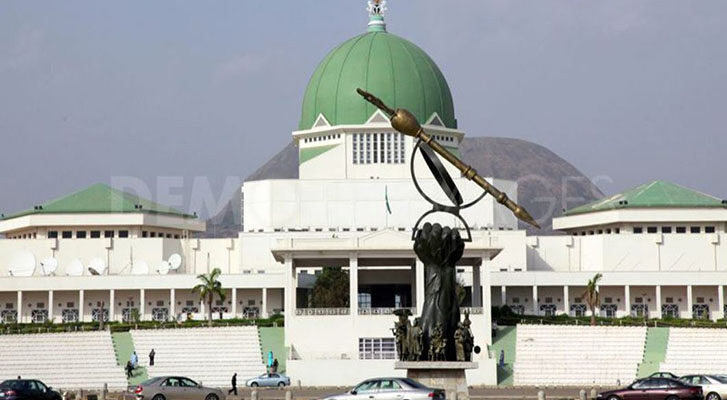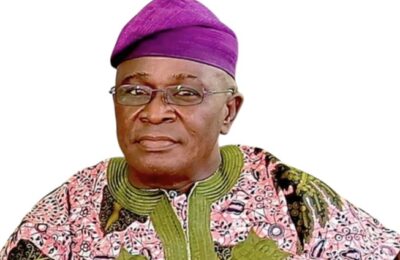Nigeria is a country with a vibrant political landscape, and its constitution and electoral laws play a crucial role in shaping the country’s democracy. In recent times, the issue of recall of members of the National Assembly has been a topic of discussion among political stakeholders and citizens. The position of Nigeria’s constitution and electoral laws regarding the recall of members of the National Assembly is one that needs to be thoroughly understood and adhered to for a smooth and transparent democracy.
First and foremost, let us understand what recall means in a political context. Recall is a process that allows citizens to remove elected officials from office before their term expires. It is a way for the people to hold their representatives accountable for their actions while in office. In Nigeria, this process is governed by the constitution and electoral laws.
According to Section 69 of the Nigerian Constitution, a member of the National Assembly can be recalled if his constituents pass a vote of no confidence on him and demand his removal. This process is initiated by a petition signed by at least 50% of the registered voters in the constituency. The petition is then presented to the Independent National Electoral Commission (INEC), which verifies the signatures and conducts a referendum to determine if the elected official should be recalled or not.
However, the electoral laws provide for certain conditions that must be met for a successful recall process. One of such conditions is that the petition must be signed by the number of registered voters specified by INEC. This is to ensure that the petition is not manipulated by a few individuals for personal gains. Also, the process must be carried out within the stipulated time frame, failure of which the petition becomes invalid.
Moreover, it is worth noting that the constitution also provides a window for the elected official to defend himself before the referendum takes place. This gives the accused lawmaker an opportunity to present his defense and convince the constituents to retain him in office.
It is essential to mention that the recall process is not an easy feat to achieve. It requires a significant amount of resources, time, and effort from the constituents. This is to ensure that only genuine grievances are brought forward for recall, and it is not used as a tool of vendetta or political witch hunt.
Furthermore, the position of the constitution and electoral laws regarding the recall of members of the National Assembly is meant to uphold the principles of democracy and accountability. It empowers the citizens to hold their elected officials to a high standard and ensures that their representatives are working in the best interest of the people.
In conclusion, the position of Nigeria’s constitution and electoral laws regarding the recall of members of the National Assembly is clear and well-defined. It is a mechanism put in place to safeguard the interest of the people and promote good governance.
As citizens, it is our responsibility to understand and utilize this process to ensure that our leaders are held accountable for their actions. Let us continue to uphold the principles of democracy and work towards a better Nigeria.
– Benjamin Ibrahim, a Retired Permanent Secretary, writes from Lokoja.




